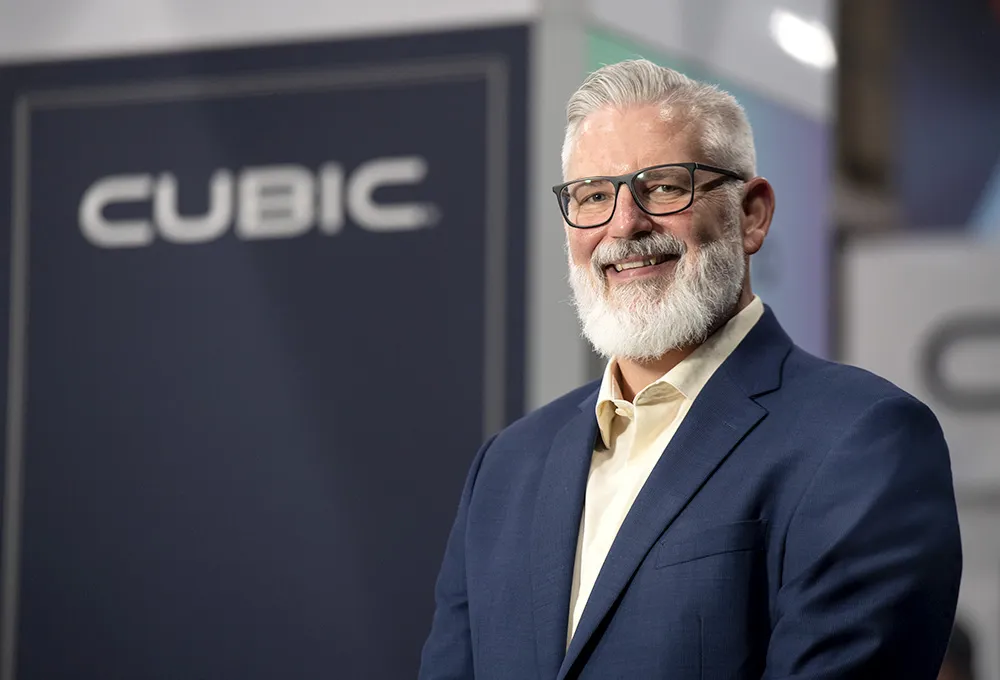Researchers found that transportation selection is based on habit rather than rational choice, noting that respondents around the globe chose driving their own car over other modes of transport for reasons including comfort (54 per cent), ease of access (47 per cent) and reliability (39 per cent).
Despite experiencing delays at least one day a week, which nearly 40 per cent of respondents reported produced negative emotions such as ‘stressed’ or ‘frustrated’, people still chose to drive.
Don Hubicki, executive vice president, Conduent, Public Sector, Transportation explained that people primarily focus on their individual situation, factoring in speed, comfort and cost when determining how they’d like to travel, saying removing the situational factor is key to changing behaviour. To accomplish this, cities could introduce more options for getting around, incentivise people to choose alternate options and provide innovative apps that enable people to think mode-agnostically, making better decisions for themselves and everyone else.
Hubicki commented that despite an over-reliance on cars, the survey shows more than half of respondents find the proposition of a multimodal experience appealing. Multimodal systems allow commuters to use more than one mode of transportation per journey.
Respondents rated reliability of services (83 per cent) and information (81 per cent) as fairly or very important for future travel. In addition, nearly three-quarters of respondents (70 per cent) said they’d likely be encouraged to ride public transit more frequently if the journey time was faster.
Conduent believes transportation innovation such travel apps showing all available modes and routes for commuters to reach their destination would help the move to multi-modal transport, with nearly half (49 per cent) of all respondents believe they will have one app for their transportation needs by 2020.
“The future of transportation is a combination of what’s possible and what’s needed,” said Hubicki. “People often don’t know there’s a better way, so when they imagine the future, they’re limited by their current experiences and perceptions of travel. There is an opportunity to educate and show the way forward.”
Technology, shifts in behaviour can improve urban transportation, says Conduent
According to Conduent’s Customer Experience of Urban Travel report that details findings from a survey conducted in 23 cities in 15 countries, although improved infrastructure plays a critical role in reshaping mobility in today’s cities, the biggest factor in improving urban travel is changing human behaviour. Researchers found that transportation selection is based on habit rather than rational choice, noting that respondents around the globe chose driving their own car over other modes of transport for r
May 24, 2017
Read time: 3 mins
According to 8612 Conduent’s Customer Experience of Urban Travel report that details findings from a survey conducted in 23 cities in 15 countries, although improved infrastructure plays a critical role in reshaping mobility in today’s cities, the biggest factor in improving urban travel is changing human behaviour.








